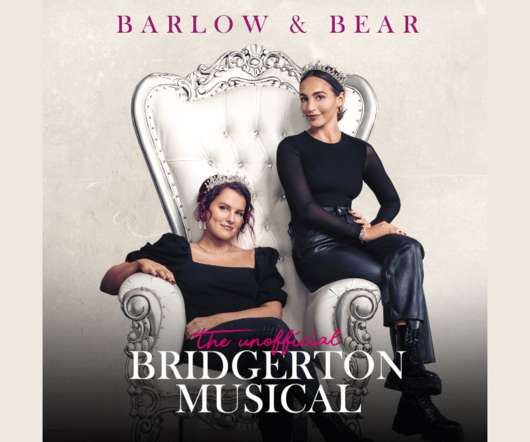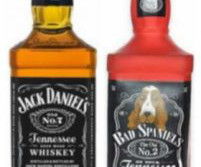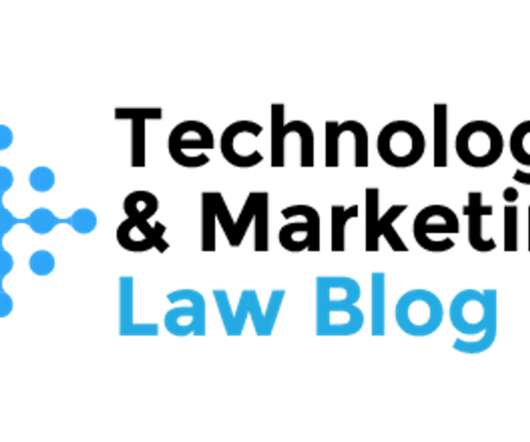Understanding Copyright, Trademark and Halloween Costumes
Plagiarism Today
OCTOBER 26, 2021
To answer that and other questions about Halloween costumes, we have to step back and look at how copyright and trademark law apply to costumes. Besides, even if a rightsholder did decide to target such home uses (which would likely be against their self-interest), it is almost certain that it would be found to be a fair use.













Let's personalize your content